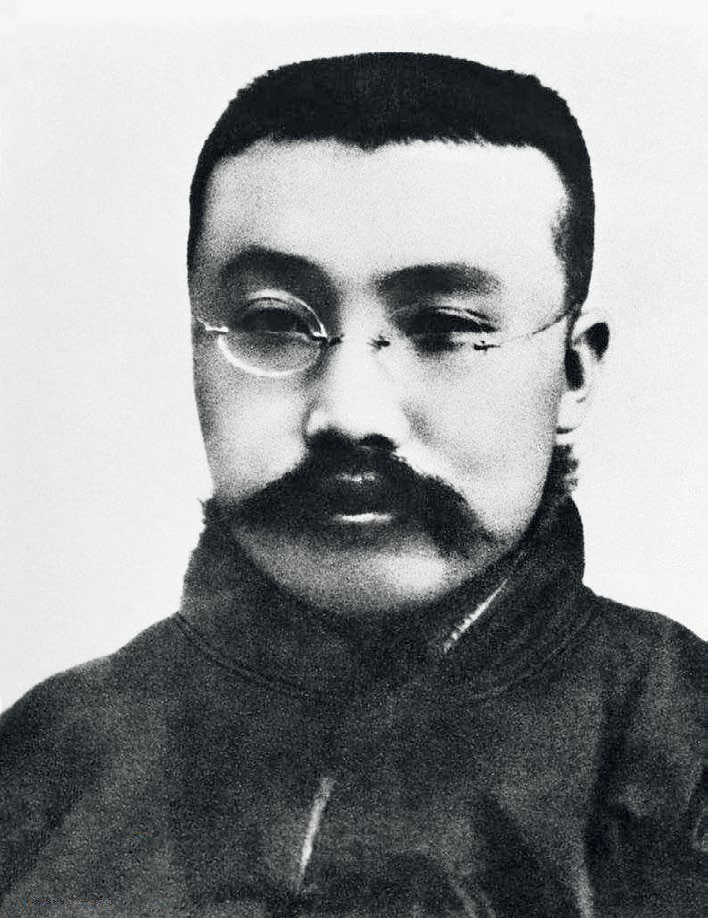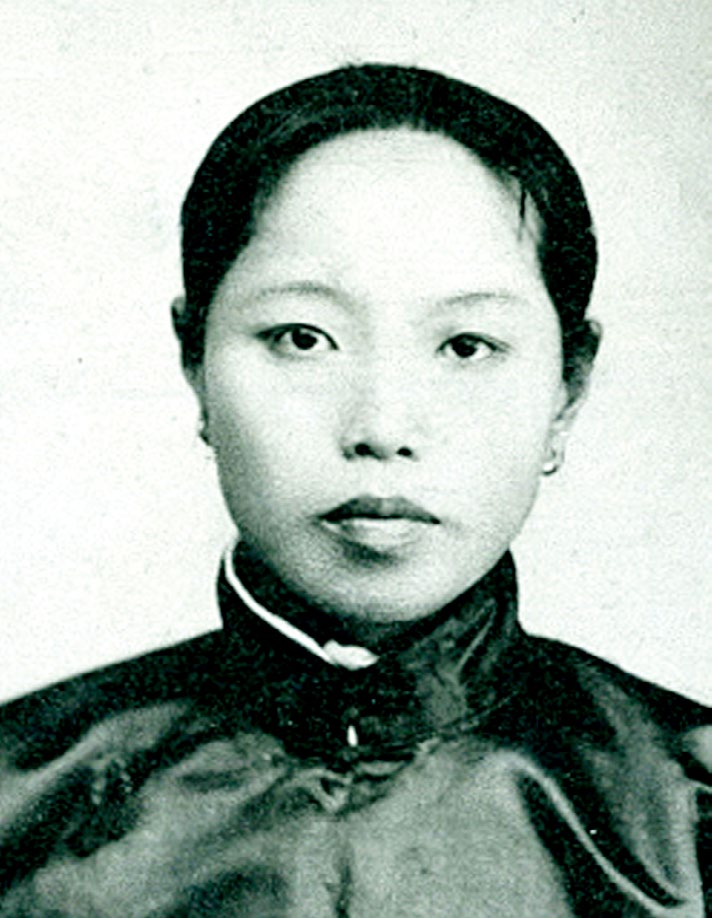In the turbulent years of Chinese revolution, revolutionaries were driven not only by their noble beliefs and the lofty ideal of devoting all their lives to the liberation of the country and nation but also by pure love and passion for a beautiful life. Faced with life-and-death tests, they sublimated their love for an individual to love for the people and the entire Chinese nation. They kept others safe by keeping themselves apart from their lovers, writing a moving chapter of love with their lives.
Li Dazhao and Zhao Renlan: Affectionate confessions in prison
In April 1927, Li Dazhao (1889–1927), one of the main founders of the Communist Party of China (CPC), spent the last 22 days of his life in prison before being hanged. In prison, he wrote a "self-statement," in which he recounted his revolutionary journey and reminisced about his wife Zhao Renlan's great support for his revolutionary cause.
"At that time, my wife alone was in attendance on my old grandfather at home," Li recalled, adding: "Without her toil and moil and efforts in pawning and borrowing, I was barely able to complete my school studies."
Li Dazhao and Zhao Renlan (1884–1933) were in an arranged marriage. As Li Dazhao's parents died early and his grandfather was old, the family, as well as Li Dazhao who was studying at that time, was in urgent need of care. In 1899, Zhao Renlan, then aged 16, was arranged to marry 10-year-old Li Dazhao. A more difficult life followed the death of Li Dazhao's grandparents in the early 1900s. Zhao Renlan sold most of their possessions to help her husband complete his school studies and raise their two children, and sometimes she had to pawn things to make a living. However, she never complained.


Li Dazhao and Zhao Renlan.
While Li Dazhao was at "the forefront of the revolutionary cause," Zhao Renlan provided him with strong and stable support. Although she was unclear about these complex situations, she believed that her husband was working for the nation's future.
According to Li Dazhao's salary receipts, he earned a monthly income of 280 silver dollars in 1926, far more than the 120 silver dollars he made as a library director in 1918. Nevertheless, Li Dazhao often donated a great portion of his salary to help young students in need and support revolutionary activities — so much so that the school had to withhold part of his salary on each payday to his wife for his family's support.

